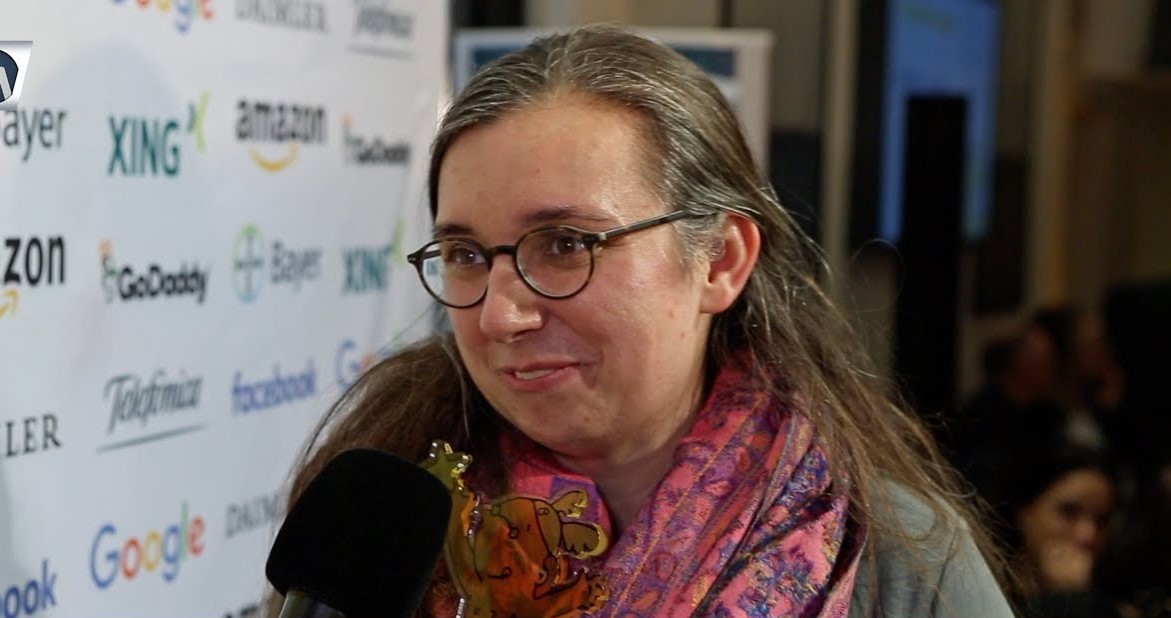Trinity PhD graduate and successful blogger Sophie Marie Hingst has been accused of inventing a Jewish family history and associations with the Holocaust.
The Trinity graduate wrote about her Jewish ancestry and the deaths of family members in the Holocaust in her successful German-language blog, moderated panel discussions for people with personal connections to the Holocaust and discussed her family history to German media.
She claimed to have known the identities of 22 Jewish people who died in the Holocaust, and submitted their names and accounts to Yad Vashem, the World Holocaust Remembrance Centre in Jerusalem, who added the names to their official remembrance list. She claimed that eight of them were members of her family. According to a report by German news magazine Der Spiegel, these claims have been found to be false.
Der Spiegel has reported that Hingst has no Jewish ancestors and no ancestors who were sent to concentration camps. Documents belonging to the Stralsund city archive suggest that she comes from a Protestant family. One of her allegedly false claims is that her grandfather was a Jewish Auschwitz prisoner, however, documents appear to show he was a Protestant pastor. Aside from three names, the accounts Hingst’s submitted to Yad Vashem appear to be fictitious.
The Stralsund authorities have asked the German Foreign Office to inform the Yad Vashem Remembrance Centre that the forms submitted by Hingst are probably fake.
Hingst’s allegedly false claims have been reported by several German media outlets, with reactions tweeted under the hashtag #readonmyfake, derived from the name of Hingst’s blog, “Read on my dear”.
The allegedly false claims were brought to light by Berlin historian Gabriele Bergner who worked with a lawyer, genealogist and archivist to prove that Hingst did not have any Jewish heritage, according to Der Spiegel.
Hings is also suspected of deceiving German media on other aspects of her life. In articles she has written for German publications she claimed to have established a clinic in the New Delhi slums and launched sex education courses for refugees in Germany, however, it is now believed that the contents of these articles are largely false.
Hingst told Trinity News: “I deny all of these rumours strongly as they are untrue, false and vile. We will take legal action against these false and vile accusations. I see with great despair how these lies have been concocted and are spread.”
Hingst has also defended herself through a lawyer. The lawyer argued that her blog posts featured a considerable degree of artistic freedom. “This is literature, not journalism or historiography,” they said.
In 2017, Hingst was named as the Trinity winner of the the Financial Times’ The Future of Europe Project competition for an essay on European collective identity. The project was a collaboration between the Financial Times and students and professors of six universities across Europe. In the same year, she was voted “Blogger of the Year” by the Golden Bloggers.
Hingst joined Trinity in 2013 to undertake a PhD thesis on English colonial strategies in 17th century Ireland and graduated in 2017. She had previously studied History and East Asian Studies in Berlin, Lyon and Los Angeles.
This article was updated at 12:57pm on June 3 to include a response from Sophie Marie Hingst.






